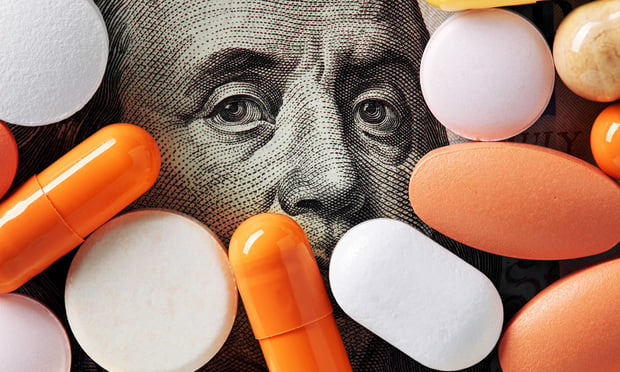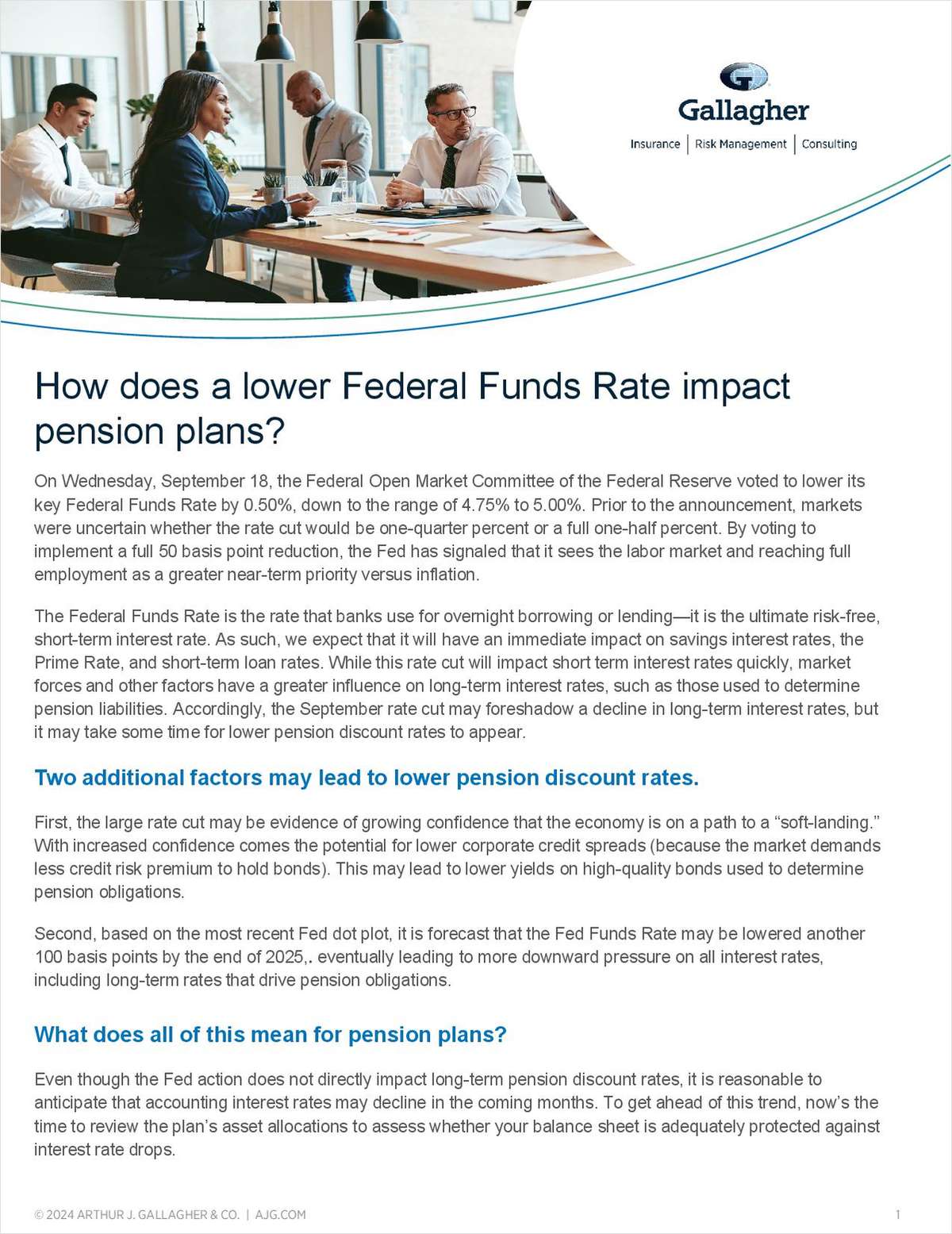 “With the action I am unveiling today, the United States will finally begin to confront one of the most unfair practices,” Trump said. (Photo: Bloomberg)
“With the action I am unveiling today, the United States will finally begin to confront one of the most unfair practices,” Trump said. (Photo: Bloomberg)
President Donald Trump's administration proposed cutting what Medicare pays for many costly drugs for cancer and other conditions to match lower prices paid by European countries, whose governments more strictly control pharmaceutical costs.
Trump said he wanted to stop “global freeloading” by other governments through the proposed change to Medicare. The program covers more than 50 million elderly or disabled Americans and in 2015 paid for about a third of the $325 billion the U.S. spent on pharmaceuticals, according to the Kaiser Family Foundation.
“With the action I am unveiling today, the United States will finally begin to confront one of the most unfair practices,” Trump said during a speech at the Department of Health and Human Services headquarters in Washington. “I never understood: same company, same box, same pill, made in the exact same location, and you go to some countries it'll be 20 percent the price that we pay.”
Medicare pays for drugs through two programs, Part B and Part D. Part D drugs are picked up at the pharmacy or through mail order, while Part B covers treatments administered by a doctor or in a hospital or clinic.
For physician-administered drugs, Medicare pays for the cost of the product, plus 6 percent. Critics have said the system creates incentives for doctors to prescribe more expensive therapies, and for drugmakers to raise prices.
Under the proposal released Thursday, Medicare would make payments for some drugs in Part B based on what would be known as an “International Pricing Index,” more closely matching what the U.S. government pays to rates paid in other countries, where government policy makers more closely control prices. The Department of Health and Human Services said such a move would save the government $17.2 billion over five years.
Drug costs have become a major issue in the U.S., and Trump is hammering the topic less than two weeks before midterm congressional elections. Democrats, who share many positions with the president on drug pricing, are attempting to make gains in congressional seats.
Trump has also made drug costs part of his focus on trade, saying that European countries have far lower prices and that U.S. consumers pays more as a result. A report released Thursday by the Department of Health and Human Services showed that Medicare, the U.S. health program for the elderly and disabled, pays almost twice as much for certain drugs as other countries with similar economies.
“The government pays whatever price the drug companies set without any negotiation,” Trump said. “We are paying for, we are subsidizing it, everyone else is benefiting.”
Many of the countries Trump referred to also have health-care systems that dictate prices or negotiate directly with pharmaceutical companies — the type of single-payer arrangement that Trump and Republicans have repeatedly attacked.
|Drug shares stable
The Nasdaq Biotechnology Index, often used as barometer of sentiment about drug prices, was up 2.1 percent at 2:24 p.m. in New York while the broader Nasdaq index was up 2.9 percent.
Trump also said that the government would change the system by which doctors are paid under Medicare's Part B program, giving them a flat fee instead of a percentage.
Prior attempts to reduce the reimbursement rate have failed in the face of stiff opposition from industry groups, and despite Trump's repeated attacks on the drug industry, Wall Street has expressed doubts about the impact many of his proposals will have on the companies.
“Our first impression on Trump's Part-B plan is that it is a political tactic ahead of mid-terms, with low probability of meaningful actual changes,” Alex Arfaei, an analyst with BMO Capital Markets said in a note to clients Thursday.
The Biotechnology Innovation Organization, which represents makers of biotechnology drugs, said the proposal would hurt innovation as well as patients.
“Adopting foreign price controls on American innovation puts America's patients last and diminishes their hope for a better future,” said BIO Chief Executive Officer James Greenwood.
Read more:
- Pharma balks at proposal to list drug prices in TV ads
- New HHS director blames PBMs, insurance plans for high drug prices
- Everything you need to know about two new drug cost information bills
Copyright 2018 Bloomberg. All rights reserved. This material may not be published, broadcast, rewritten, or redistributed.
Complete your profile to continue reading and get FREE access to BenefitsPRO, part of your ALM digital membership.
Your access to unlimited BenefitsPRO content isn’t changing.
Once you are an ALM digital member, you’ll receive:
- Breaking benefits news and analysis, on-site and via our newsletters and custom alerts
- Educational webcasts, white papers, and ebooks from industry thought leaders
- Critical converage of the property casualty insurance and financial advisory markets on our other ALM sites, PropertyCasualty360 and ThinkAdvisor
Already have an account? Sign In Now
© 2024 ALM Global, LLC, All Rights Reserved. Request academic re-use from www.copyright.com. All other uses, submit a request to [email protected]. For more information visit Asset & Logo Licensing.








